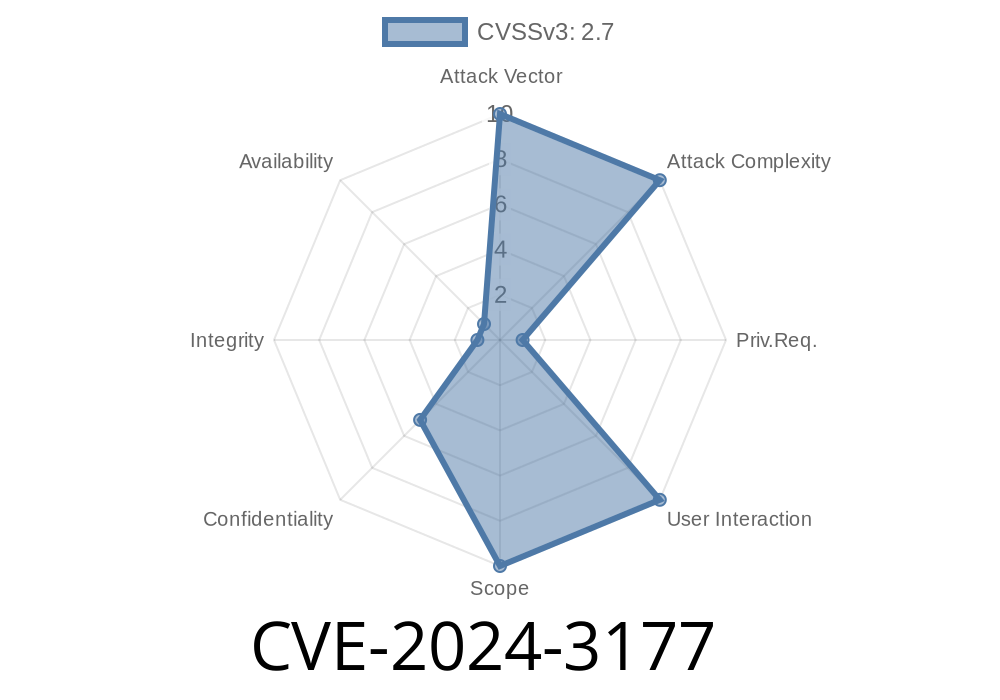CVE-2024-3177 points to a significant security issue in Kubernetes. This vulnerability lets users launch containers that can sidestep the “mountable secrets” restrictions on pods—even when those strong controls should be in effect. In this article, we’ll break down what this CVE means, how it works, and how to protect your clusters. If you manage Kubernetes with ServiceAccount admission and use mountable secrets policies, this is essential reading.
What’s the Mountable Secrets Policy?
To keep workloads from accessing secrets they shouldn’t, Kubernetes allows cluster operators to limit secrets that a pod (via its ServiceAccount) can use. The ServiceAccount admission plugin helps enforce these rules. As an extra layer, the special annotation kubernetes.io/enforce-mountable-secrets: "true" can be put on a pod to require this check.
This means: if a pod tries to mount a secret (say, as a file or through environment variables), it’s only allowed if the secret is listed in the ServiceAccount’s secrets field.
What is CVE-2024-3177?
CVE-2024-3177 official advisory
A flaw was discovered where this policy can be bypassed. If you use the envFrom field in your pod spec—for containers, init containers, or ephemeral containers—you can load secrets into environment variables—even if they’re not permitted by the ServiceAccount.
The ServiceAccount admission plugin is enabled
- The pod has the kubernetes.io/enforce-mountable-secrets: "true" annotation
It uses the envFrom field (to load all values from a Secret as environment variables)
The mountable secret policy may be bypassed, letting a pod leap over the controls you set up!
Your cluster is affected if all the following are true
- You use the ServiceAccount admission plugin
- You use the kubernetes.io/enforce-mountable-secrets annotation
- Your pods (any containers, init containers, or ephemeral containers) use envFrom with a Secret source
If you don’t use envFrom in your pod specs, or don’t set up the mountable secrets enforcement, you are not affected.
How Does the Exploit Work?
To understand the CVE, let’s look at a vulnerable pod definition. Here’s a YAML snippet that would bypass secret enforcement using envFrom:
apiVersion: v1
kind: Pod
metadata:
name: evil-pod
annotations:
kubernetes.io/enforce-mountable-secrets: "true"
spec:
serviceAccountName: test-sa
containers:
- name: main
image: busybox
command: ["sleep", "360"]
envFrom:
- secretRef:
name: super-secret # <-- not listed in test-sa.secrets field!
The mountable secrets policy should block this, but due to the flaw, it does not.
The result: the pod has access to secrets it shouldn’t.
`
---
Exploit Summary
Attackers with rights to create pods could abuse this to access any secret in the namespace, regardless of ServiceAccount restrictions.
Mitigation & Fix
- Upgrade: The best fix is to upgrade Kubernetes to a version after the patch.
Restrict RBAC: Limit which users can create pods with arbitrary specs and ServiceAccounts.
- Admission Controllers: Write custom admission policies to block or audit pods with risky envFrom usage until upgraded.
Reference for patch information:
- Kubernetes Security CVE-2024-3177 Disclosure
Original References
- CVE-2024-3177 on NVD
- Kubernetes Issue Tracker for CVE-2024-3177
- Kubernetes Official Admission Controllers Doc
- Mountable Secrets Admission Explained
Conclusion
CVE-2024-3177 demonstrates how even strong Kubernetes controls can have subtle gaps. If your cluster uses ServiceAccount secret restrictions, update as soon as patches are available. Stay vigilant about pod specs, and audit how secrets are injected with envFrom.
*Always review official advisories and monitor your clusters for unauthorized secret access. Kubernetes is powerful—but so are its attackers.*
*Written exclusively. Distribute only with credit.*
Timeline
Published on: 04/22/2024 23:15:51 UTC
Last modified on: 05/01/2024 19:15:27 UTC
